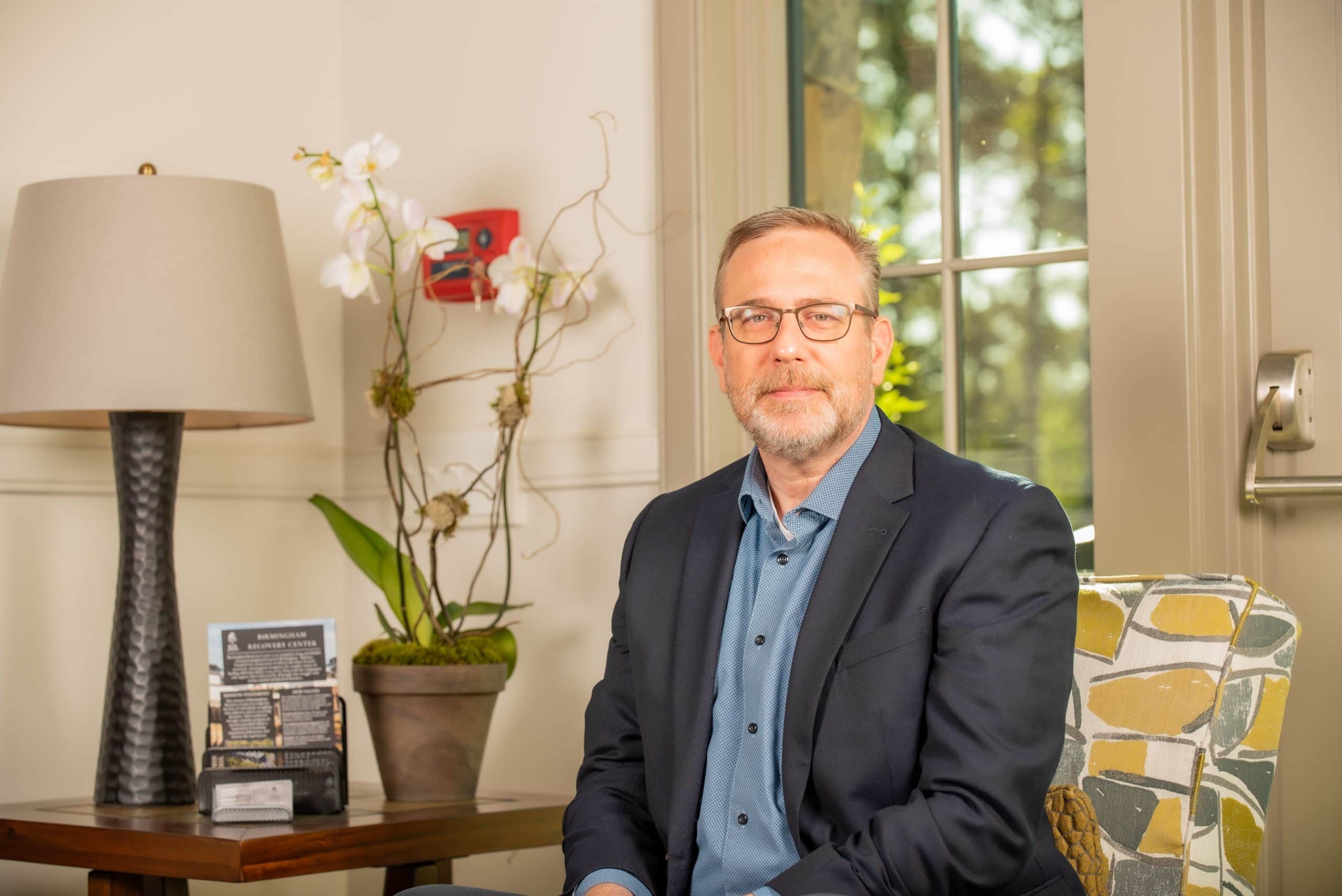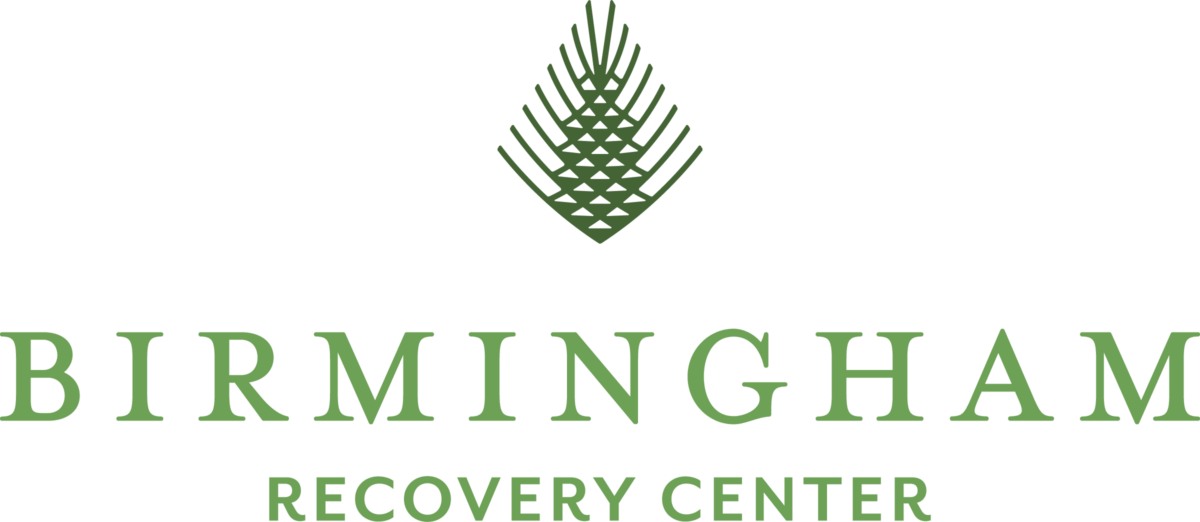Addiction is a chronic, progressive disorder that can affect your physical, mental, behavioral, and social well-being. It is not a curable condition – but with proper care and continued vigilance, you can achieve lifelong recovery. In other words, there’s no such thing as a quick-fix solution for addiction. There is, however, considerable evidence that long-term drug rehab can put you in the best position for success.
What is Long-Term Drug Rehab?
There are many paths to recovery from addiction. Some people get the support they need by attending Alcoholics Anonymous, Narcotics Anonymous, or other 12-Step groups. Others schedule meetings with a counselor or therapist for help maintaining their sobriety. For many people, long-term drug rehab offers the level of service and support they need.
The term long-term drug rehab doesn’t have a hard and fast definition. But as the name implies, it involves an extended stay in an addiction treatment program, center, or facility. Some people might identify 28 days as the shortest amount of time that would be considered long-term rehab. Others would describe long-term drug rehab as lasting much longer. The National Institute on Drug Abuse advocates for a minimum of 90 days in drug rehab. If you are participating in a methadone maintenance program, NIDA says you should plan to remain in treatment for at least 12 months.
Rehab doesn’t have to be limited to one level of care. For example, a person might start with detoxification, transfer to an inpatient or residential program, then continue to receive services through a partial hospitalization program and/or an intensive outpatient program.
What Happens During Long-Term Drug Rehab?
Your experience in long-term drug rehab should be guided by your unique history, needs, goals, and expectations. So the services in your treatment plan may be different from what another person receives, even if you’re in the same treatment center. In general, though, here are a few common elements of an effective long-term drug rehab:
- Assessment: To be sure you’re getting the care that’s right for you, your time in long-term drug rehab will ideally begin with a comprehensive assessment. This process can determine how you have been impacted by addiction. It can also identify if you have any co-occurring mental health concerns.
- Personalized treatment plan: No effective long-term drug rehab will offer one-size-fits-all treatment. The people who are providing your care should customize their services according to the info they gather during your assessment. They should also be willing to modify your treatment based on your progress while you’re in the program.
- Detoxification: If you haven’t been able to end your substance abuse due to the distress of withdrawal, detox may be the ideal first phase of your treatment. During detox, you can rid your body of addictive substances while under the care of a team of experienced professionals. Successfully completing detox can be a significant step on your recovery journey.
- Multiple therapies: During your time in a long-term drug rehab program, you may participate in individual, group, and family therapy. These sessions may include several therapeutic modalities, such as cognitive-behavioral therapy (CBT), dialectical behavior therapy (DBT), and acceptance and commitment therapy (ACT). If your struggles with addiction are accompanied by PTSD or other effects of trauma, your program may incorporate trauma-informed care into your plan
- Aftercare planning: As you progress through your customized treatment plan, the staff at your long-term drug rehab can be preparing for your eventual discharge. They can document your progress, note areas of continued need, and recommend the community-based resources that can provide the most appropriate support after you have transitioned out of treatment.
Benefits of Rehab in Birmingham, AL
Long-term drug rehab offers an array of benefits, such as the following:
- Time: Every day you don’t use drugs is a successful day. Remaining in treatment for an extended period of time can help you gain a stronger foothold in early recovery. While you are in treatment, your body and mind will continue to heal from the damage of active addiction. If you complete detox, then immediately exit treatment, you may have an elevated risk of relapse. When you remain in treatment, you can continue to build effective recovery support skills.
- Safety & structure: Active addiction can be both dangerous and chaotic. When you are in a treatment program, you are in a safe place where you won’t have access to addictive substances. You will also benefit from following a structured schedule that may include therapy, educational activities, meals, and supervised leisure time. In a long-term drug rehab program, you won’t have lengthy unstructured and unsupervised periods that you may be tempted to fill by acquiring and using drugs.
- Community support: During your time in rehab, you will work closely with skilled treatment professionals. You will also share support with others who are receiving treatment. This combination of personal and professional support can introduce you to the many benefits of active engagement with the global recovery community. In a long-term drug rehab program, you will realize that you are not alone. You will also discover that you can strengthen your recovery by helping others achieve their goals.
- Success: Choosing to enter rehab. Completing detox. Remaining in recovery for a day, then a week, then a month. Each of these accomplishments can demonstrate that you are capable of much more than you may have realized. With every success, you will see clear evidence of your inherent strength and the benefits of your continued effort. This renewed sense of hope and possibility can serve you well throughout your recovery journey.
Begin Long-Term Drug Rehab in Birmingham, AL
If you have been seeking long-term drug rehab services in Birmingham, Alabama, our center may be the ideal place for you. Birmingham Treatment Center offers multiple levels of customized care for adults whose lives have been disrupted by substance abuse, addiction, and certain co-occurring mental health concerns. When you’re ready to begin or resume your recovery, the Birmingham Treatment Center team is here for you. Give us a call or visit our admissions page today to get started.

